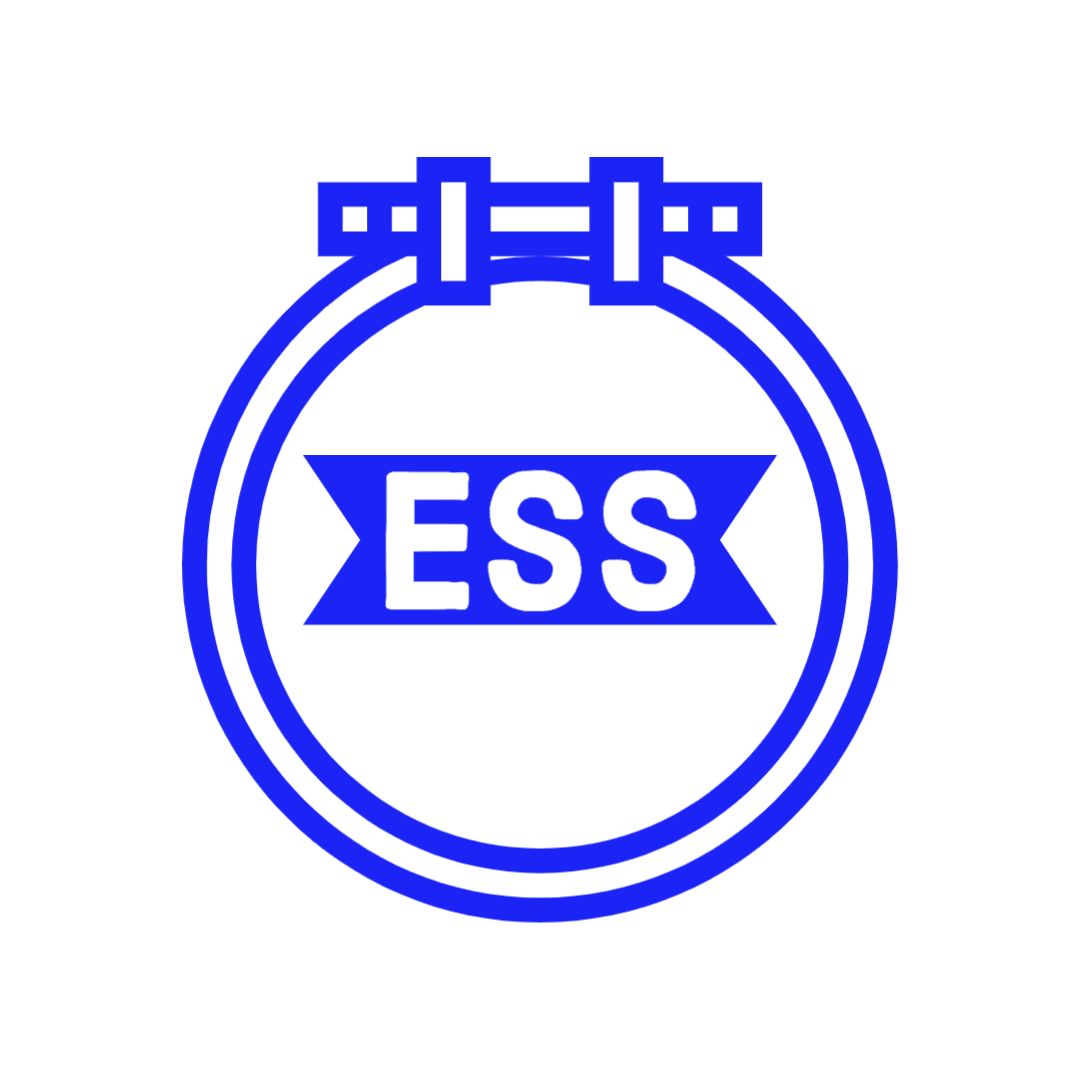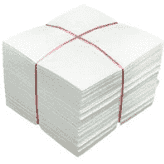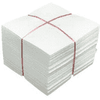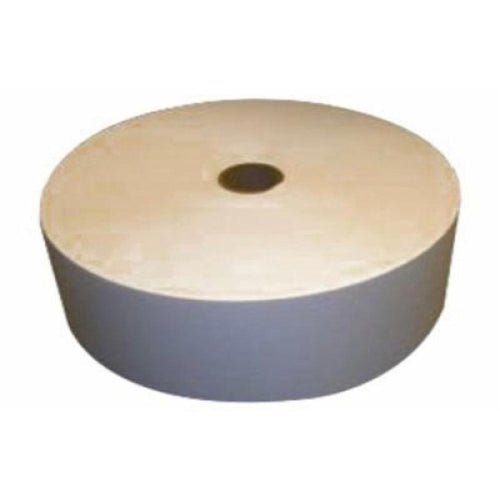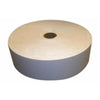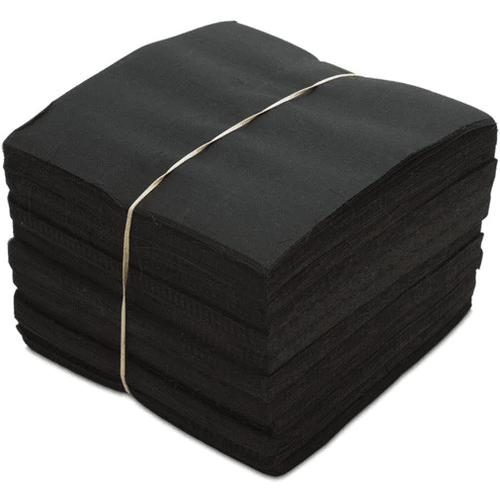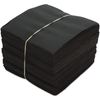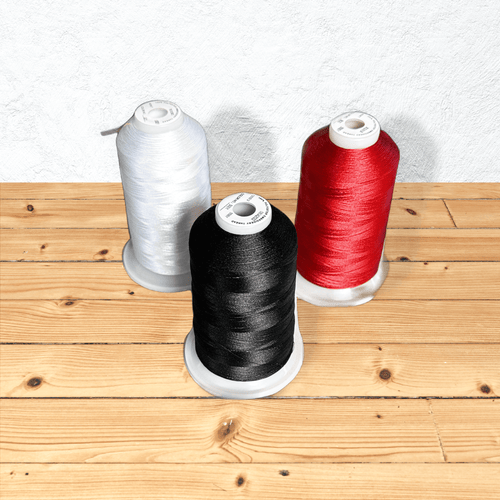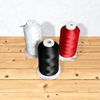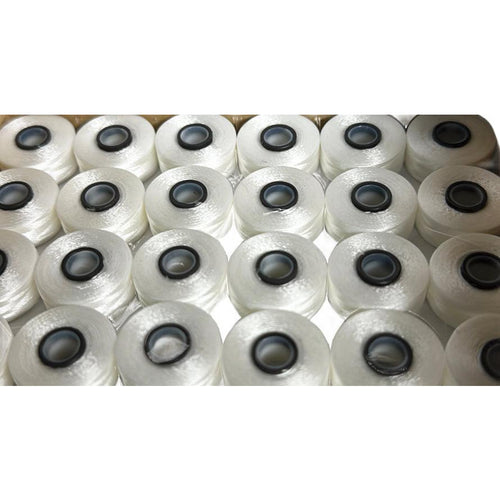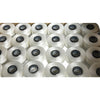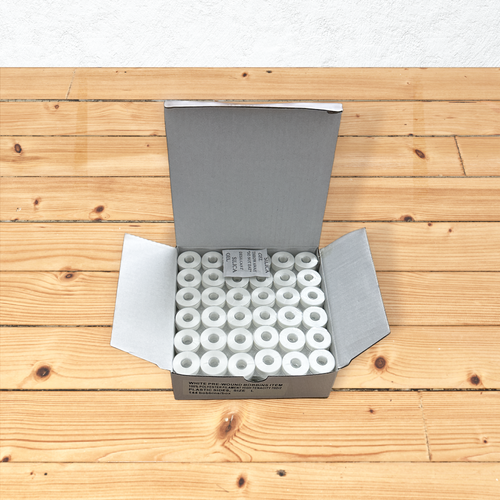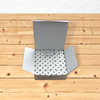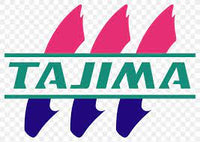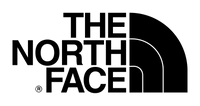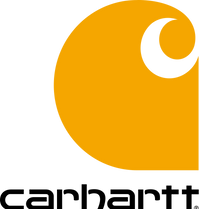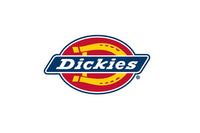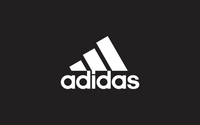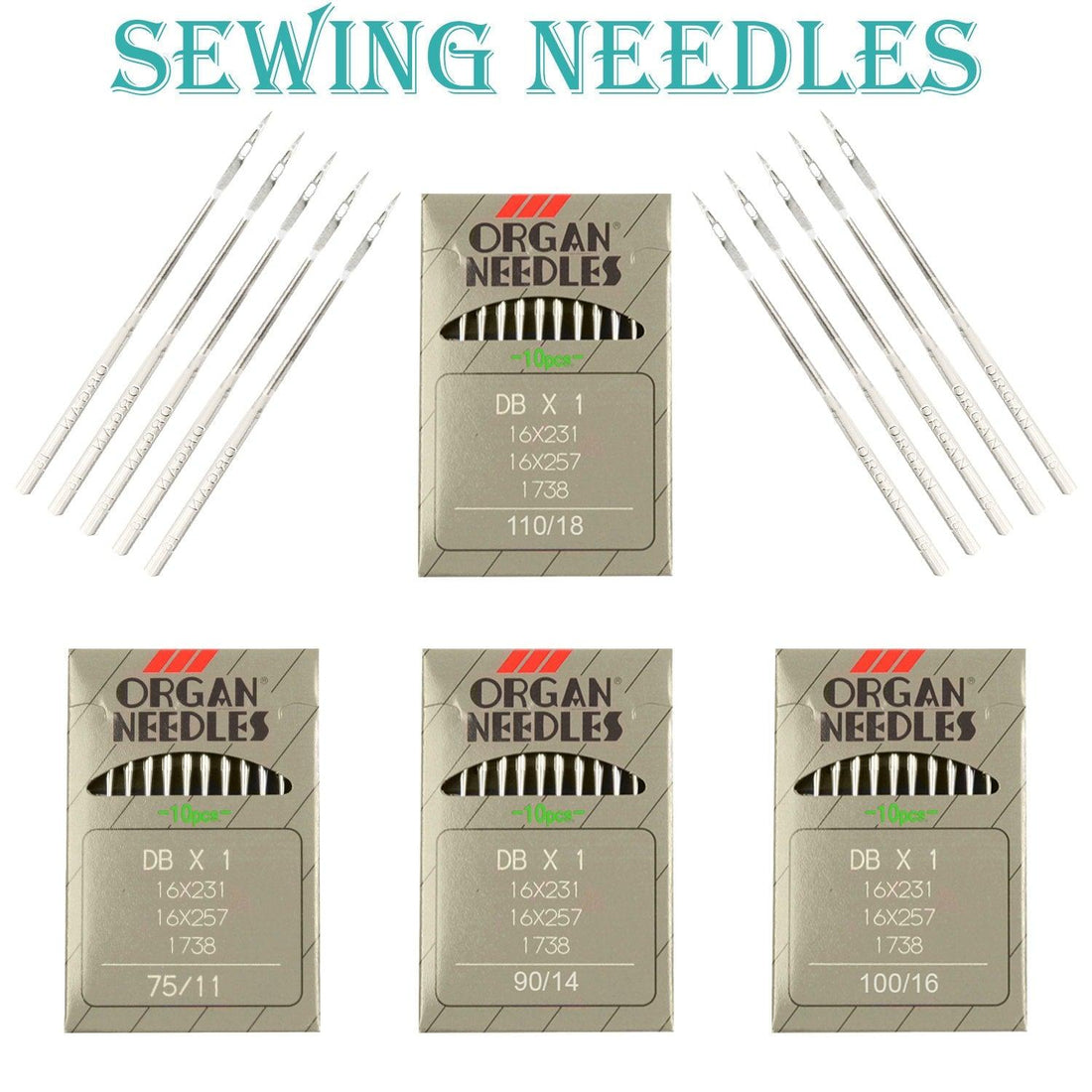The size of needle to use on a Tajima embroidery machine will depend on the type of material being embroidered. Here are some general guidelines:
-
Lightweight fabrics: Use a 70/10 or 75/11 needle for lightweight fabrics, such as silk, organza, and chiffon.
-
Knit fabrics: Use a ballpoint needle, such as a 75/11 or 80/12, for knit fabrics, as it will glide through the fabric without snagging or damaging the fibers.
-
Medium-weight fabrics: Use an 80/12 or 90/14 needle for medium-weight fabrics, such as cotton, linen, and canvas.
-
Heavy-weight fabrics: Use a 90/14 or 100/16 needle for heavy-weight fabrics, such as denim, leather, and heavy canvas.
-
Specialty fabrics: Use a specialty needle, such as a denim needle or a leather needle, for specific types of fabrics, such as suede, velvet, and faux fur.
It's important to note that these are general guidelines, and the actual size of needle to use will depend on the specifics of each project and the thread being used. Additionally, Tajima recommends using their brand of needles specifically designed for their machines.
It is always recommended to test the needle and thread combination on a scrap piece of fabric before starting the actual project to ensure proper stitching and avoid any damage to the machine or material.
Puff embroidery is a 3D embroidery technique that creates a raised, puffy look on the fabric. To achieve this effect, a foam underlayer is placed between the fabric and the backing material. The following types of needles are commonly used for puff embroidery:
-
Cutaway stabilizer needle: This needle has a small blade at the tip that cuts away the excess foam as the needle moves through the fabric, leaving only the raised design.
-
Compensating needle: This needle is designed to pierce through multiple layers of material, including the foam and fabric, without skipping stitches.
-
Heavy-duty needle: This needle is thicker and stronger than a standard needle and can handle the additional pressure required for puff embroidery.
It's important to note that the type of needle will depend on the specifics of the project and the equipment being used. It is always recommended to test the needle and thread combination on a scrap piece of foam and fabric before starting the actual project to ensure proper stitching and avoid any damage to the machine or material.
